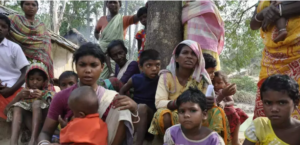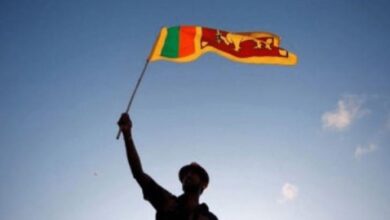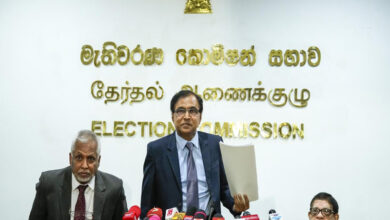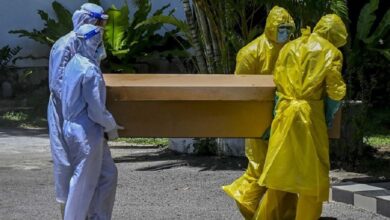Sri Lanka Stands Firm Against Allegations of Child Malnutrition Amidst Global Report
In a recent turn of events, Sri Lanka finds itself at the center of controversy following the release of a global report on child malnutrition by The Lancet, a renowned British medical journal. The report, which sheds light on the alarming prevalence of underweight girls in the country, has been met with staunch resistance from Sri Lanka’s health authorities.
Contrary to the findings of The Lancet, Sri Lankan health officials dispute the accuracy of the portrayal of their nation in the report. The study claims that 16.4% of girls in Sri Lanka, approximately 410,000, are categorized as underweight, with no discernible improvement since 1990 despite ongoing efforts to enhance nutrition and healthcare accessibility.
Released on February 29, the report ranks Sri Lanka second globally for the highest prevalence of dangerously underweight girls aged 5 to 19, trailing only behind India. The NCD Risk Factor Collaboration, in collaboration with the World Health Organization (WHO), conducted the study, covering data from 1990 to 2022.
Sri Lanka’s health authorities, including Secretary of the Ministry of Health Dr. Palitha Mahipala and Director of the Family Health Bureau Dr. Chithramalee De Silva, have adamantly rejected the report’s conclusions. Speaking to Daily Mirror, Dr. Mahipala emphasized that the findings contradict the actual scenario in Sri Lanka and cannot be condoned.
Dr. Chithramalee De Silva raised concerns about the data used by The Lancet, stating dissatisfaction with the methodology employed in compiling the report. This marks a continuing trend, as Sri Lanka had previously rejected a report from the United Nations Children’s Fund (UNICEF) on child malnutrition.
In a bid to present an alternative perspective, the latest report from Sri Lanka’s health ministry highlights a decrease in severe acute malnutrition (SAM) cases from 1.4% in 2022 to 1.2% in 2023, totaling 15,763 affected children. The discrepancy in figures adds another layer to the ongoing debate over the accuracy and validity of global assessments regarding child malnutrition in Sri Lanka.





![The United Kingdom removed the people who lived in the Chagos Islands to establish the military base. The displaced Chagossians have taken legal action arguing the UK illegally maintains sovereignty over the islands [file: Mike Corder/AP Photo]](https://southasiancorrespondent.com/wp-content/uploads/2024/07/sri-390x220.jpg)